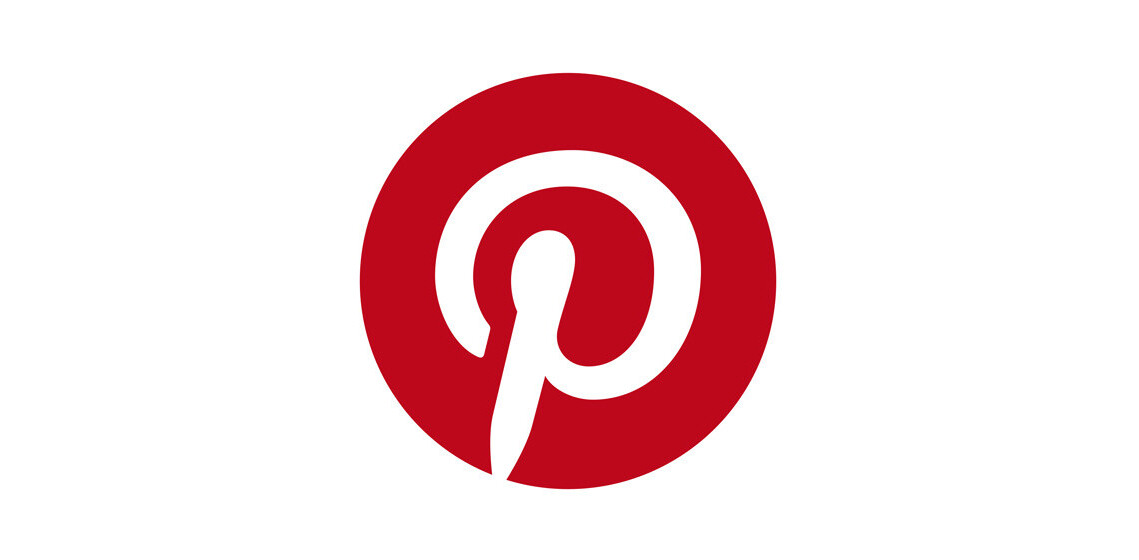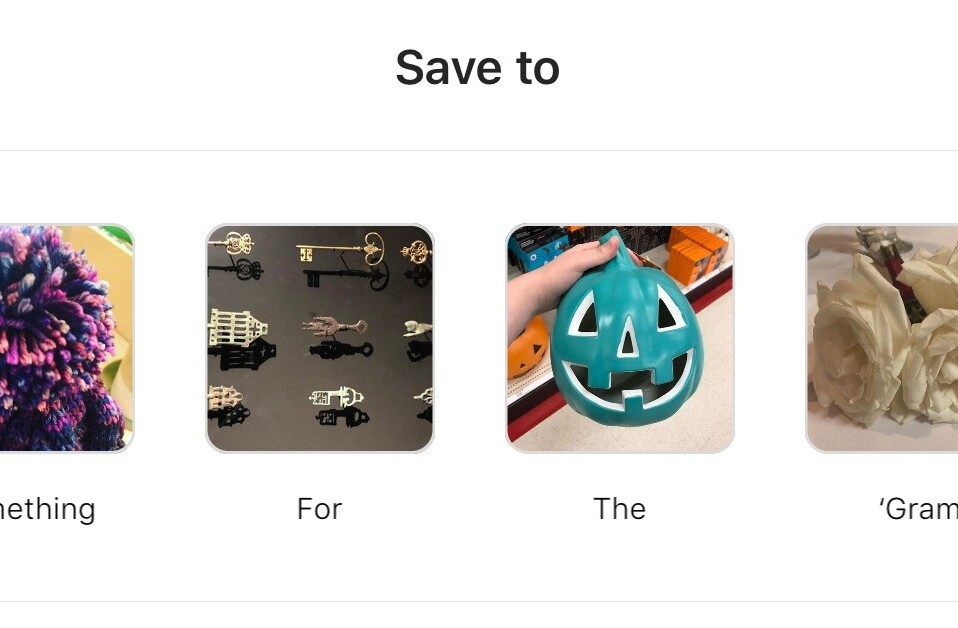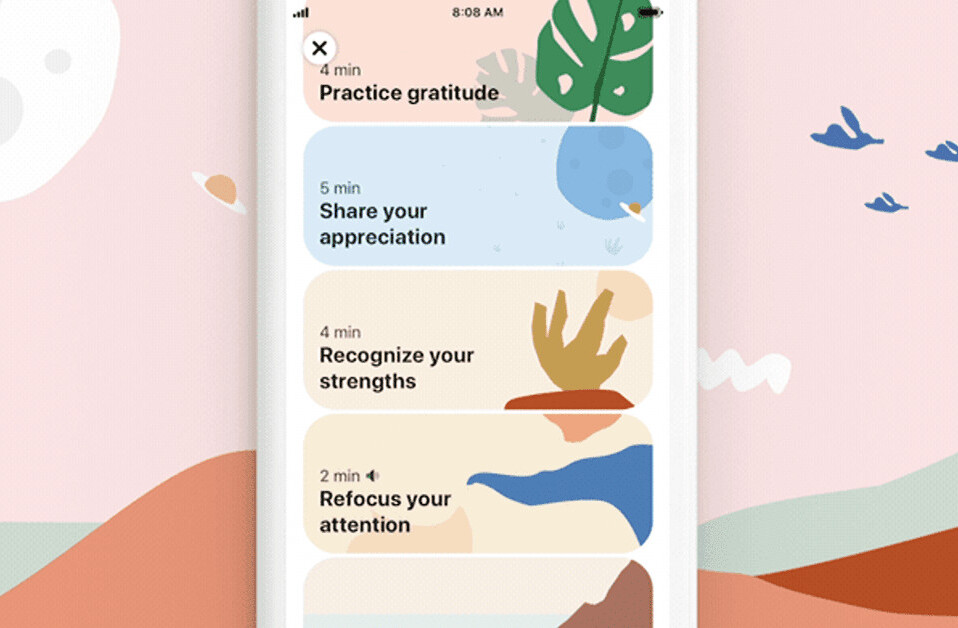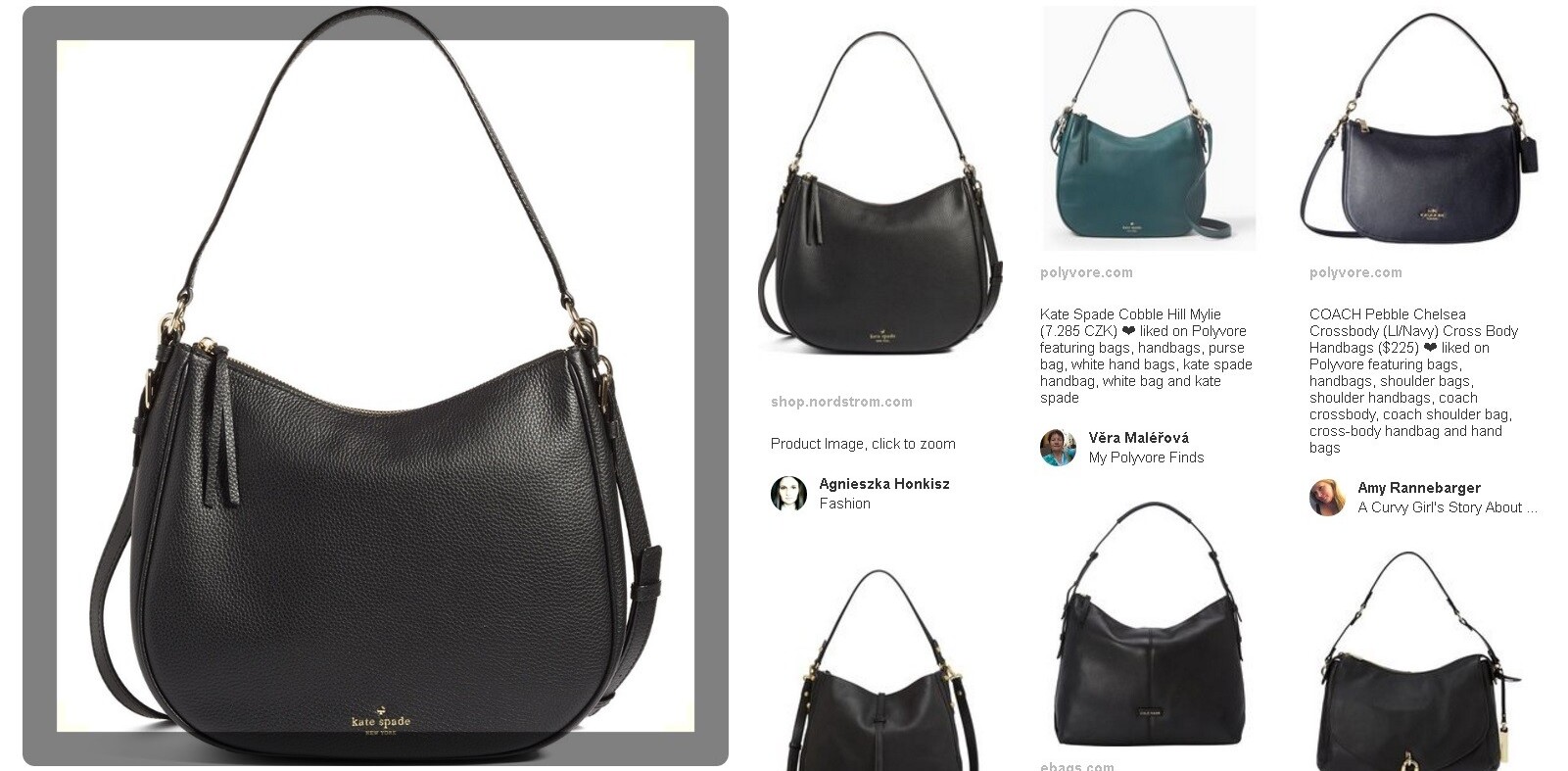
We’ve pointed to it again and again, but here we are saying it one more time – Pinterest’s popularity has spawned quite the third-party ecosystem around the social network – with people finding one way or another to capitalize on its growth.
For the most part, the ecosystem focuses on marketing and traffic or outright clones, but in the case of PinDollars, this is undoubtedly not the first or last service that is trying to capitalize on Pinterest financially.
PinDollars is a service which offers Pinterest users an alternative bookmarklet to share content on Pinterest, by posting affiliate links. Pinterest itself had an affiliate link system in place, but came under fire for keeping the practice under wraps.
While PinDollars gives Pinterest users the opportunity to get a few affiliate links of their own onto the site, this is actually a violation of the Terms of Service.
Pinterest’s license to its users reads (emphasis our own):
“Subject to the terms and conditions of these Terms and our Acceptable Usage Policy, we grant you a license to use the Service, including accessing and viewing Pinterest Content, for your personal, noncommercial use…. “
The Acceptable Usage Policy hammers the point home saying that users agree “not to use the Service for any commercial purpose or the benefit of any third party…”
PinDollars will no doubt be shut down faster than you can say affiliate link.
Pinterest has already had its fair share of controversy, with lawyers labeling the site an out-right copyright disaster, and we’d imagine that the idea of other people making money off of potentially copyrighted material is the last thing the social network needs.
Without even taking into account Pinterest’s terms of use, the PinDollars site itself raises a few alarms. Its FAQs are sparse, and the explanation of how the site works doesn’t give the user much information:
With PinDollars, when you pin something we run it through our system to see if it’s a link where you can profit from an affiliate referral. If it is, we process the link and you get make money whenever someone clicks through your pin and makes a purchase.
So what are the actual chances of making money off a site like PinDollars? We do know that 21% of Pinterest users have purchased items they have found on the site – and that 21% translates to well over 2 million users.
The emergence of sites like this, however, are a cause for concern, not only because they violate Pinterest’s TOS, but they also encourage spam, even if, on the surface, they try to do the opposite.
Spam is yet another problem Pinterest has begun to face, which has also led to the service targeting affiliate links so, any way you look at it, PinDollars is dead in the water.
If anything, all of these growing pains that Pinterest is experiencing are simply a sign that the social network has come of age. When the spammers and money makers arrive, as long as you have a way to combat them, you know you’re doing something right.
Get the TNW newsletter
Get the most important tech news in your inbox each week.





